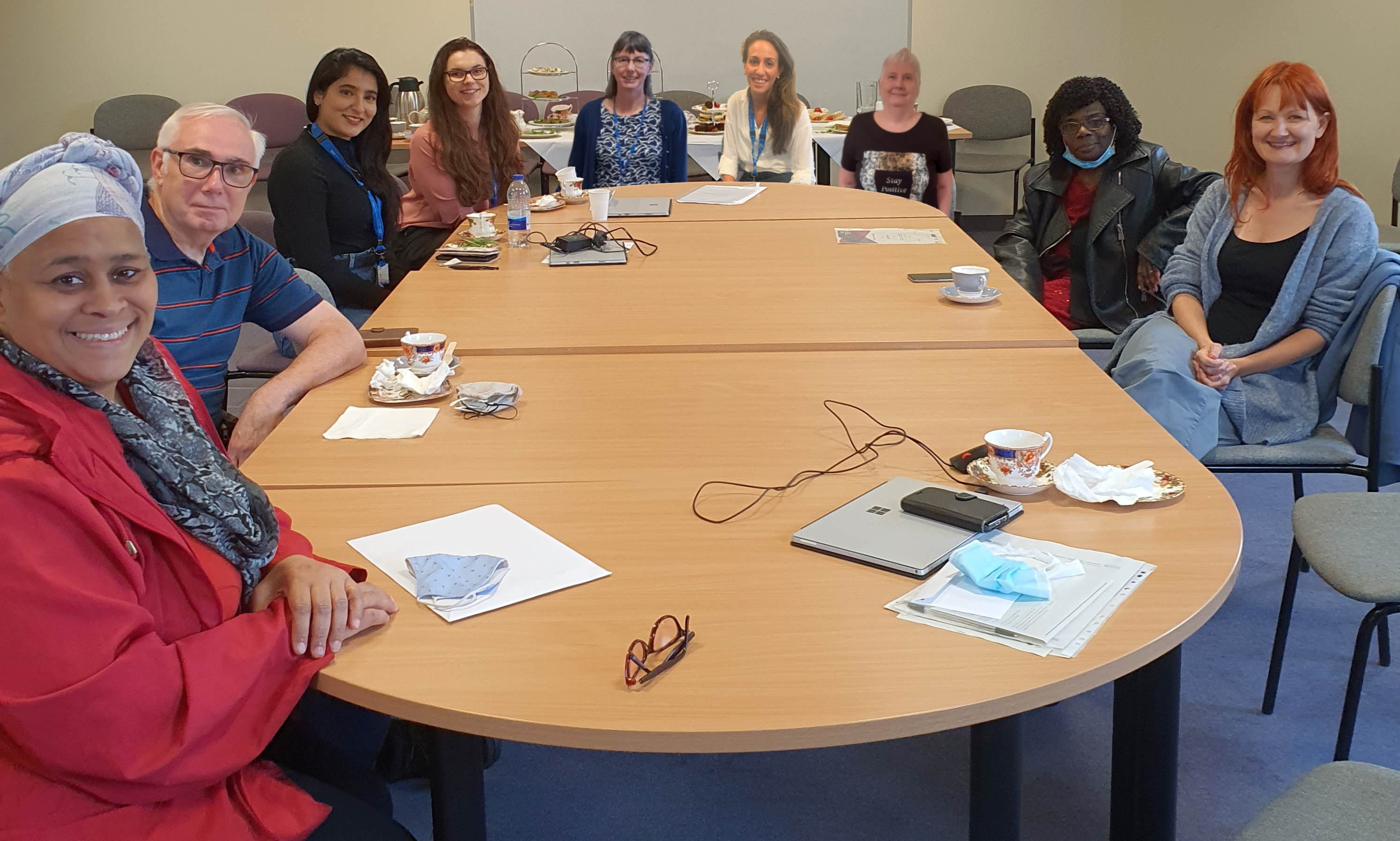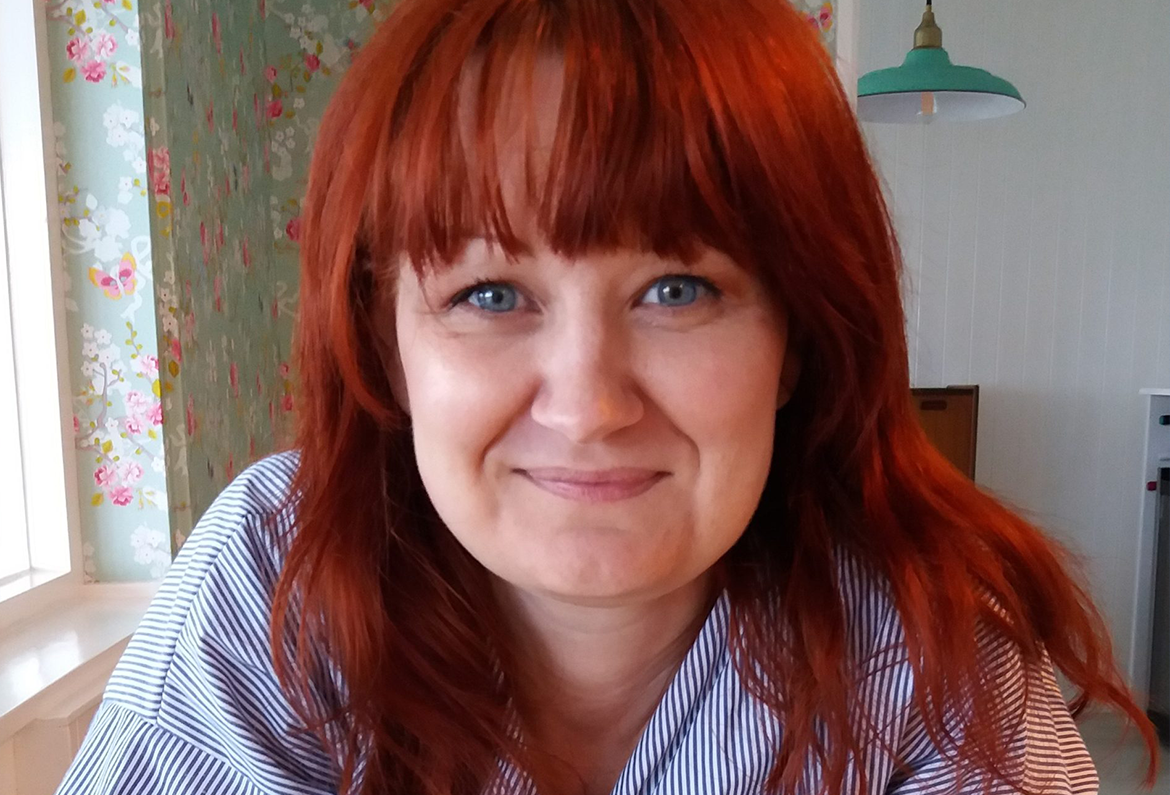By: Lindsey Brown, PATHWAY PPI Lead
While researchers are trained to carry out research effectively and according to set processes, they rarely have personal experience of living with the condition, treatment, or process that they are studying. By working alongside members of the public who have experienced these things they gain insights and advice that can ensure trials are appropriate and useful to the very people they are trying to help. This collaboration between researchers and the public is known as Patient and Public involvement, or PPI. In my experience PPI, when conducted effectively, is a fulfilling and productive relationship.
That said, it is only natural that those who are hearing about PPI for the first time may wonder how someone without training can really help improve research or how working alongside researchers can be an enjoyable and rewarding experience. I think that to truly grasp the impact of PPI it helps to hear examples, so I want to share the impact that our patient advisory group had on the PATHWAY programme and the impact that taking part has had on them. The PATHWAY programme was testing whether a new talking based therapy called ‘Metacognitive therapy’ would help people who are experiencing anxiety and/or depression after a cardiac event, such as a heart attack, surgery, or heart failure.
Metacognitive therapy, or MCT for short, is designed to help people reduce the amount of time they spend worrying or dwelling on their experience by giving them new and more helping ways of responding to negative thoughts and feelings. The PATHWAY study was offering MCT as part of the cardiac rehabilitation programme and testing it in two formats: as a group-based therapy and as a home-based self-help manual with telephone support. Our patient advisory group was made up of members of the public who have experienced a cardiac event and/or anxiety/depression, or have been a career of someone with one of these conditions.
They gave feedback on patient facing documents and their insights ensured that the language was appropriate and that any likely concerns or questions that patients may raise had been addressed. For example, when reviewing the self-help manual (Home-MCT), they highlighted the need for an explanation of what to do when it arrived and what to expect from the manual. They also suggested we give a simpler explanation of how to complete the homework sections and that we needed to emphasise that the modules should be worked through at the patient’s own pace. The group were also asked for their perspective when trying to solve problems that came up during the trial. For example, at one stage only around 60% of people were returning their follow up questionnaires. A low ‘return rate’ as it is known, can impact the results of a trial so it was essential that the research team tried to improved return of questionnaires.

The advisory group highlighted the importance of maintaining contact with patients, and suggested sending a newsletter to give participants an update on the study, remind them of its importance, and of the impact that returning their questionnaire has on it. The group even helped to co-produce the newsletter to ensure the wording and approach were appropriate As the study drew to an end, the advisory group helped to co-develop the dissemination strategy and suggested the best way to share our findings with the public; identifying who might be interested, the best way to reach these audiences, and the key information to highlight. They helped us to explain the results in a language that is easy to understand, co-produced presentations, and some members even chose to take part in filming or co-presenting at events. We know that the valuable work of the advisory group helped to ensure that the PATHWAY study met the needs of those who took part. But what impact has being involved for the last 7 years had on the members of the group? Was it worth giving up their time and investing their energy in the research from their perspective? The answer is yes! We asked our advisory group to tell us about their experience and the impact that taking part has had on them and discovered that taking part had given them an opportunity to use their skills, make a difference and meet people who had experienced similar things to them. It also increased their understanding of how research works and gave them more hope that anxiety and depression following a cardiac event had been recognised and that more people will be supported in the future. As one member, Jim Collins said; ‘The general public would be amazed at the background work that goes on…The opportunity for the future looks promising and will certainly help more participants to cope.’The majority of the advisory group felt that taking part had increased their trust in research and researchers and made them more likely to discuss research with their friends and family. They had also gained insights that could have a direct benefit on their own health, stating that it had improved their understanding of coping with anxiety and depression, and their approach to their own health needs and/or treatment. As Jim said: ‘I have been dealing with my health issues for the last twelve years, so it made a refreshing change to look at a different approach to my illness’. They all agreed that it had been an enjoyable experience. My last words go to one of our member’s Marie Holmes who described their involvement as: “a fulfilling experience. Too often patients’ views are not taken into account. I felt that we were listened to at every stage of the research and our suggestions were treated with respect”.
If you would like to take part in research; either by taking part in a study or working alongside researchers as part of an advisory group take a look at the following websites: (text)
https://www.gmmh.nhs.uk/research-takingpart
https://www.nihr.ac.uk/patients-carers-and-the-public/i-want-to-take-part-in-a-study.htm
https://www.peopleinresearch.org/view-opportunities/
https://www.bmh.manchester.ac.uk/connect/social-responsibility/public-patients/get-involved/


